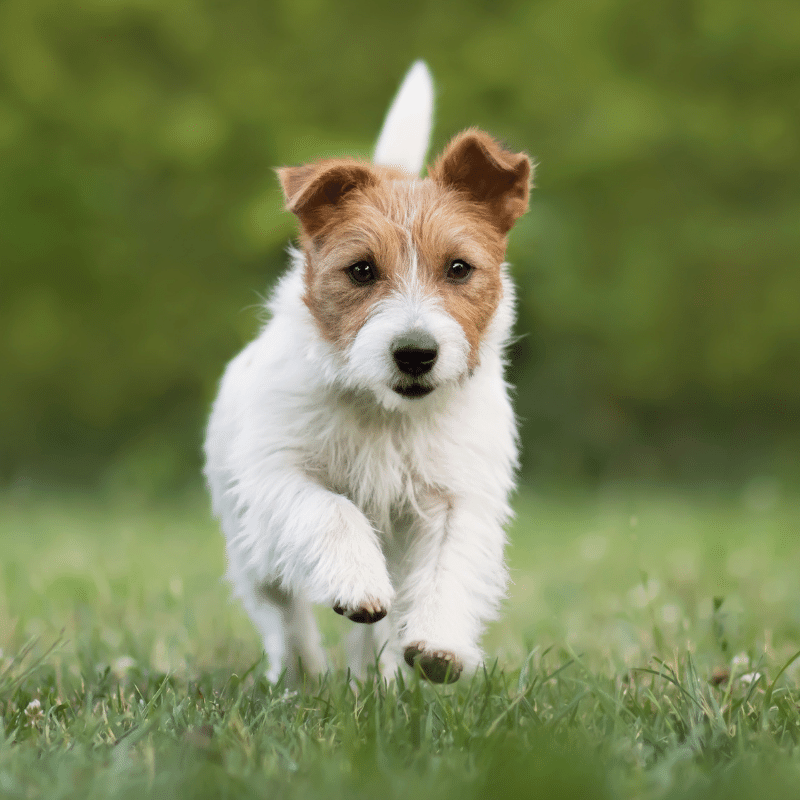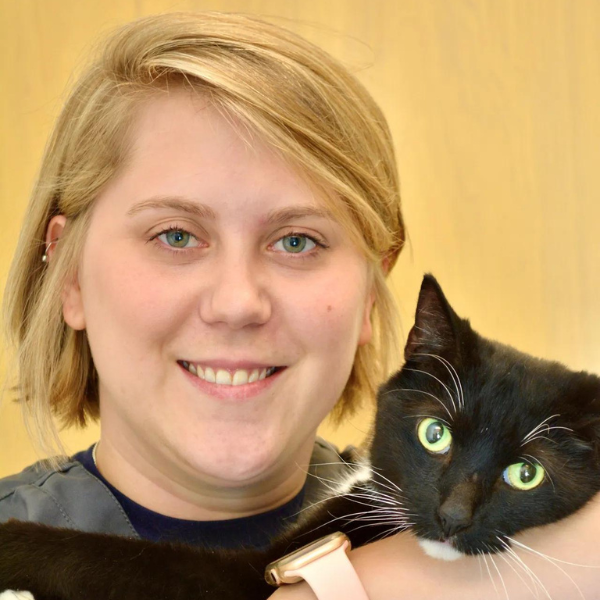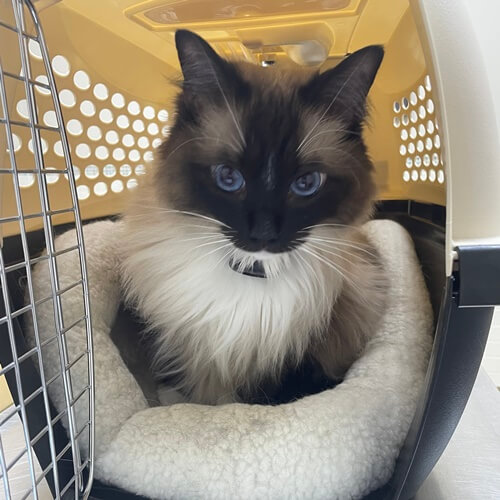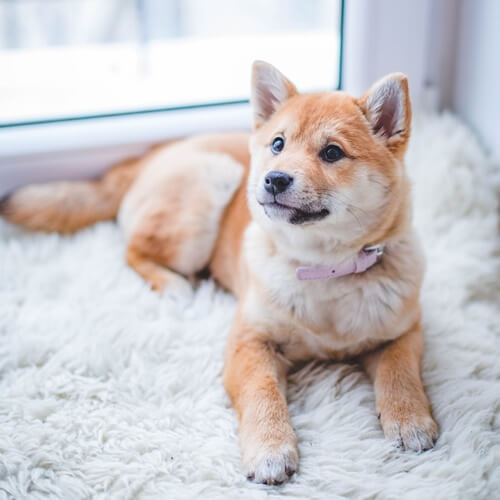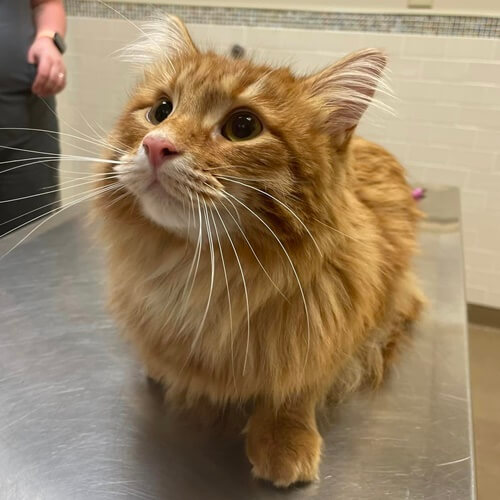Welcome to Clovercroft Veterinary Hospital
Clovercroft Veterinary Hospital is a full-service hospital treating dogs and cats.
Veterinary Services in Franklin, TN
We offer a full range of services and products for the health and well-being of cats and dogs from birth through the geriatric years. If your fur baby is sick or injured, we can provide onsite digital X-rays, onsite lab results, fluid administration monitors, EKGs, and more.

About Us
Clovercroft Veterinary Hospital provides various veterinary services for dogs and cats. We are located in Northeast Franklin and accessible to many residents of Franklin, Brentwood, Nolensville, Nashville, Arrington, Eagleville, and the surrounding communities.
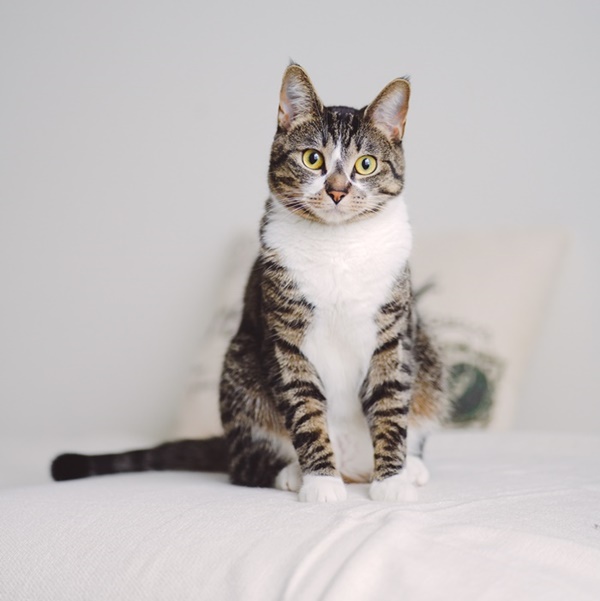
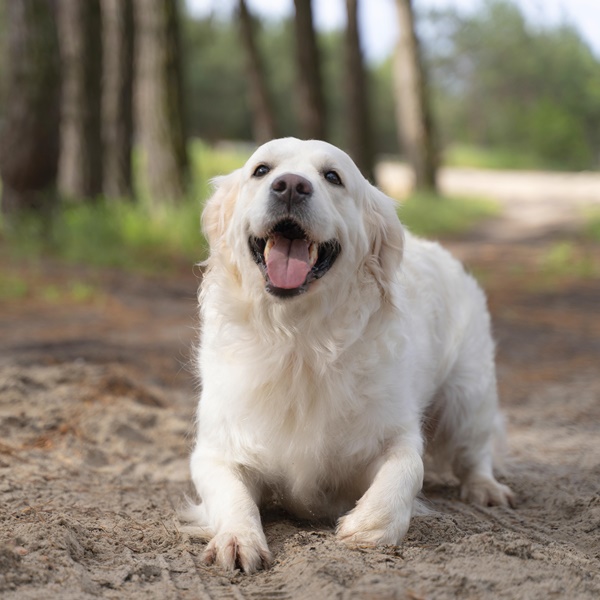
Our Animal Hospital is Designed to Make You Feel at Home.
Meet Our Veterinarians & Staff
The veterinary team at Clovercroft Veterinary Hospital is a dedicated group of professionals committed to providing top-quality veterinary care for your furry family members. Led by experienced veterinarians, our team includes skilled technicians and knowledgeable support staff who are passionate about animals and their health. With a focus on preventive medicine, we work tirelessly to keep your pets healthy and happy while also providing compassionate care when they are sick or injured. Whether it’s a routine checkup, complex surgery, or emergency care, our team is here to provide the best possible care for your beloved pets.
Our Veterinarian Reviews
